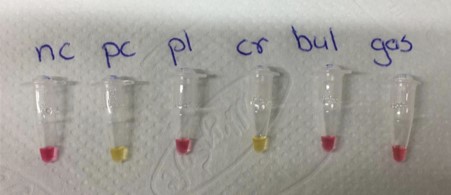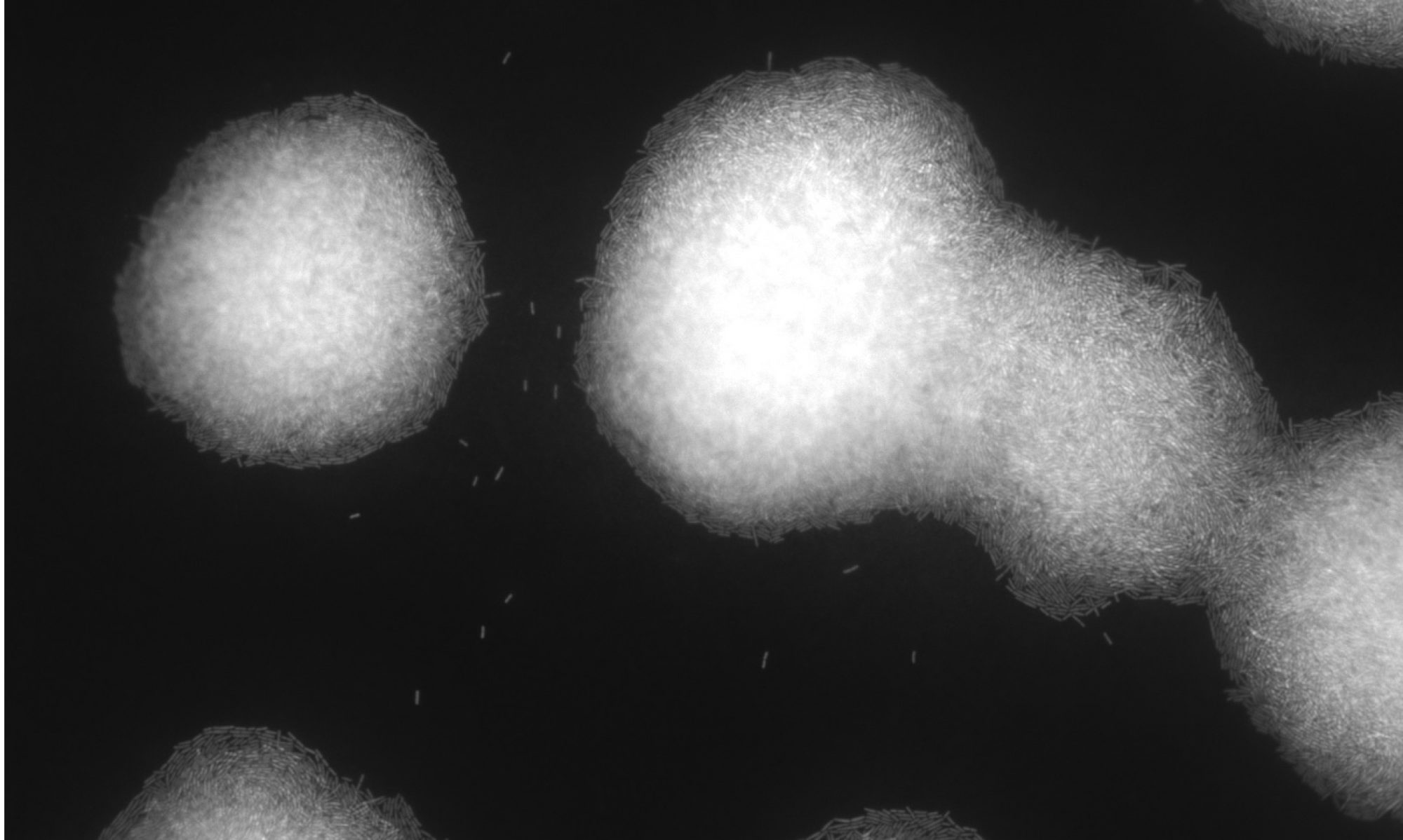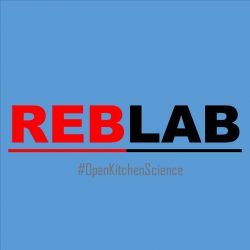We have finally made a start with our Citizen science project! The goal in this 2 year project is to isolate specific vaginal lactic acid bacteria (so-called ‘crispatus‘ bacteria) with a group of citizen scientists. These bacteria are associated with favorable vaginal health. We want to design a product with a mixture of these special crispatus strains and do research because we believe they could have potential health benefits, for example helping to prevent urinary tract infections or other vaginal infections. The citizen scientists/donors have a say about the destination of the bacteria. For more information find our website (in Dutch) and the public lecture (in Dutch).
This project is being carried out in collaboration with Vrije Universiteit Amsterdam, the organic femcare company Yoni, microbial genetics experts of Baseclear and Winclove probiotics. The crispatus foundation will take care of the strain collection and represent the citizen scientists. In 2022 we received a subsidy from the ZonMW / HealthHolland Citizen science for Healthcare fund with a total amount of 220,000 euros! In addition, we received almost 15,000 euros from the Voor Vrouwen Door Vrouwen fund to organize the research not only in the labs of the university, but also to get it ‘on the road’. And on her birthday, Daniela, one of our citizen scientists, raised an additional amount to purchase the Nanopore sequencing kits that we so wanted to add to our molecular toolbox. This will soon enable us to easily read out DNA in the lab. A good starting position!
We are hard at work in the lab preparing this practical and we were very lucky to hire a great analist, Shardelice Illidge, who is speeding up the experiments. We prepare all methods so that they work well in the practical. My own modest employment also started on November 1 (1 day a week), which means I can spend even more time on this project.
One cool tool we would like to present here: a colorimetric LAMP test for quick and easy identifaction of crispatus colonies from an agarose plate. We have added the protocol and some control experiments . We will use it so that citizen scientists will be able to select their own crispatus strains grown from a vaginal swab on a TSB-serum plate. Find the protocol on FigShare and on the protocols page. I will add a file with the accompanying data in a later stage. We will now prepare for submitting for peer review.

On the Gardnerella front: we have finalized a manuscript about glycogen growth and amylase activity of Gardnerella species and amylase activity in vaginal samples. Although we are very proud of the work and believe it is an important addition to the field, it is also clear that we do not fully understand where the differences between the various species are coming from. All of them carry a copy of the previously identified amylopullulanase (here and here) and still some have very high activity (swidsinski and leopoldii) whereas other very low (piotii). We are very lucky to have Sara Morselli joining are lab to further figure this out. She is a PhD student from Bologna (Antonella Morongoni lab).
Find the preprint here or download here [PDF]. Unfortunately the BiorXiv server does not allow upload of the video that is a supplementary file of the manuscript so please find it here.
Puck Achterberg has started her PhD studies with a very exciting ecological approach to understanding the principles driving a Lactobacillus dominated vaginal microbiome. She will be working at the TU Delft in the lab of Professor Mark van Loosdrecht in the Environmental Biotechnology section but will also spend periods in Amsterdam detailing the metabolic requirements of Lactobacillus crispatus.
Other news: together with Jeanine Roeters-Lennep and Monique Mulders from the ErasmusMC we applied and unfortunately got rejected for a reprogrants. We would like to share our proposal here. We aim to study utilization of host lipids by vaginal bacteria after some fascinating preliminary results. We will be carrying out some initial experiments to get started on the project. Will keep you updated!

